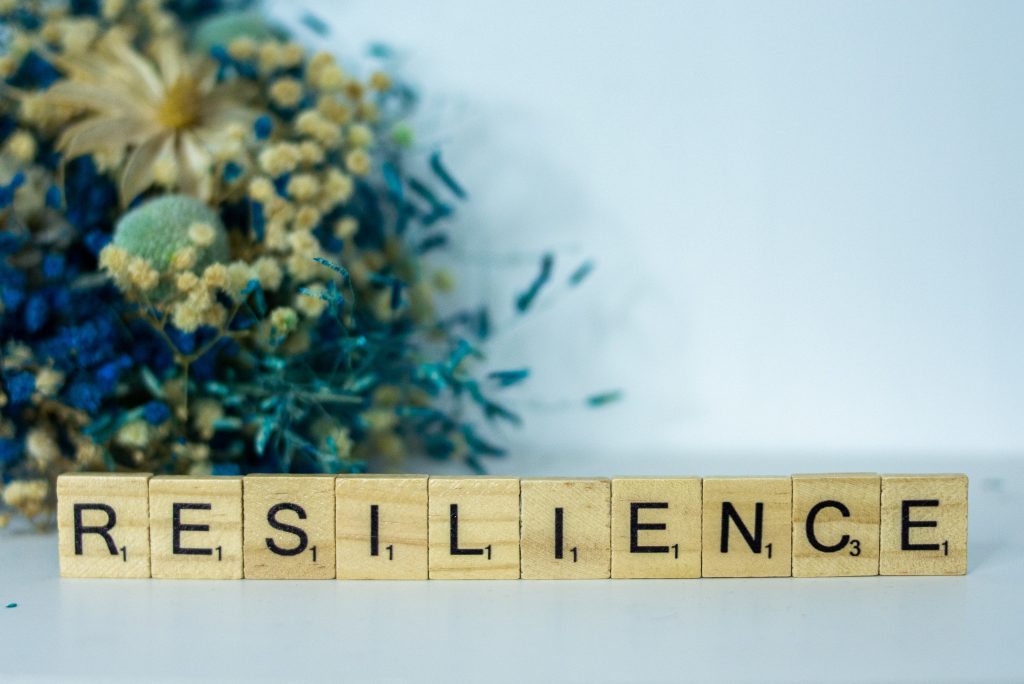Goal setting is a critical component of achieving success in life. It’s a process of defining your dreams and aspirations, breaking them down into smaller, manageable steps, and taking action towards achieving them. Whether you’re striving for personal or professional success, setting goals can help you stay focused, motivated, and on track.
In this article, we will explore the benefits of goal setting, the key elements of effective goal setting, and how you can turn your dreams into achievements through the power of goal setting.

The Benefits of Goal Setting
Setting goals provides numerous benefits that can help you achieve success in your personal and professional life. Here are some of the most important benefits of goal setting:
- Clarity: Setting clear goals helps you to identify what you want to achieve, which provides you with a sense of direction and purpose.
- Motivation: Goals provide you with a source of motivation and inspiration to keep working towards your dreams.
- Focus: Setting goals helps you to focus your efforts and resources on the things that matter most, allowing you to prioritize your time and energy effectively.
- Measurement: Goals provide a way to measure your progress and success, which helps you to stay on track and adjust your strategy as needed.
- Accountability: Setting goals helps you to hold yourself accountable for your actions and progress, which can help you stay motivated and on track.
The Key Elements of Effective Goal Setting
While setting goals can be a powerful tool for success, not all goals are created equal. To be effective, your goals should be SMART, which stands for Specific, Measurable, Achievable, Relevant, and Time-bound. Let’s take a closer look at each of these elements:
- Specific: Your goals should be specific and well-defined. Instead of setting a vague goal like “lose weight,” set a specific goal like “lose 10 pounds in 3 months.”
- Measurable: Your goals should be measurable so that you can track your progress and see how far you’ve come. For example, you might measure your progress towards your weight loss goal by tracking your weight on a weekly basis.
- Achievable: Your goals should be challenging but achievable. Set goals that push you out of your comfort zone but are still within the realm of possibility. If your goals are too easy, you may not feel motivated to work towards them, but if they’re too difficult, you may become discouraged and give up.
- Relevant: Your goals should be relevant to your life and aspirations. Make sure that your goals align with your values, interests, and long-term goals.
- Time-bound: Your goals should have a specific timeframe for completion. Set a deadline for achieving your goals to help you stay focused and motivated.
Turning Dreams into Achievements Through Goal Setting
Now that you understand the benefits of goal setting and the key elements of effective goal setting, it’s time to turn your dreams into achievements. Here are some tips for setting and achieving your goals:
- Identify your goals: Start by identifying your long-term goals and aspirations. What do you want to achieve in your personal and professional life? Write down your goals and make them specific, measurable, achievable, relevant, and time-bound.
- Break down your goals: Break your long-term goals down into smaller, manageable steps. For example, if your long-term goal is to start your own business, break it down into smaller steps like researching your market, creating a business plan, and securing funding.
- Take action: Take action towards achieving your goals every day. Even small steps can add up to significant progress over time.
- Measure your progress: Regularly measure your progress towards your goals. Celebrate your successes and adjust your strategy as needed if you’re not making progress as quickly as you’d like.
- Stay motivated: Stay motivated and focused on your goals by reminding yourself of why they are important to you. Visualize yourself achieving your goals and the benefits that come with it. Surround yourself with positive influences, and avoid negativity and distractions.
- Hold yourself accountable: Hold yourself accountable for your progress towards your goals. Keep track of your progress and hold yourself responsible for taking action and making progress towards your goals.
- Be flexible: Be flexible and adjust your goals and strategy as needed. Life is unpredictable, and unexpected challenges may arise. Be prepared to adjust your goals and plans as needed while staying true to your long-term aspirations.
- Seek support: Seek support from family, friends, or mentors who can help you stay motivated and offer guidance and advice when needed. Surround yourself with people who believe in you and your goals and are willing to support you on your journey towards success.
In conclusion, goal setting is a powerful tool for achieving success in all areas of life. By setting SMART goals, breaking them down into manageable steps, taking action, measuring progress, and staying motivated, you can turn your dreams into achievements. Remember to stay focused, hold yourself accountable, be flexible, and seek support when needed. With dedication and persistence, you can achieve the success you desire and create a fulfilling and rewarding life.







